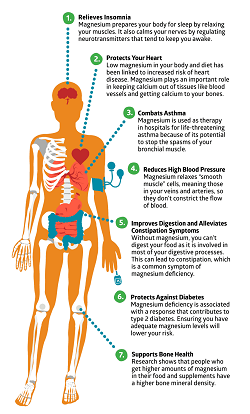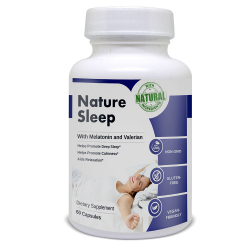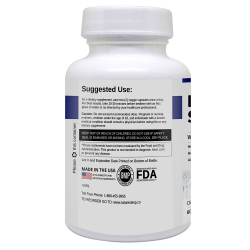People with fatty liver disease are at high risk of magnesium deficiency.
Based on that statement alone magnesium would seem to be a beneficial vitamin for liver repair.
 Could Magnesium Deficiency be the root of almost all your everyday symptoms?
Could Magnesium Deficiency be the root of almost all your everyday symptoms?
Believe it or not, Magnesium is one of the most used elements in our body. It has the power to alleviate painful joints and it can help relax the heart.
It’s essential for ALL energy production, even the ability to read THIS right now. Magnesium is also essential for rest, relaxation, your body’s ability to repair itself and youthful sleep.
In fact, Magnesium is one of the top fuels for the brain. It literally gives you brainpower.
Did you know that Magnesium Deficiency is already at epidemic levels?
Here’s why.
As with most Vitamins and Nutrients, our diet plays an important role. Problem is that with most of us, our hectic lifestyles never allow us to eat the right amount of any Vitamins and Nutrients.
Even if we ate healthily we probably couldn’t consume enough of everything that the body needs.
Symptoms of Magnesium Deficiency include:
1. High Blood Pressure
2. Limited blood flow to the heart
3. Constant, chronic fatigue
4. Painful, inflamed joints
5. Inability to relax
6. Brain fog, poor memory, and forgetfulness
7. A severe lack of cognitive focus
to name a few…………………
Based on what I have personally found out, adding a Magnesium Supplement into your daily routine can only benefit sufferers of fatty liver disease.
Frequently Asked Questions.
Is it better to take Magnesium at night?
A. As it can help with a better nights sleep then yes, but ideally not on an empty stomach.
Should I take Magnesium Supplements on an empty stomach?
A. In most cases, Magnesium supplements should be taken with meals. Taking magnesium supplements on an empty stomach could cause diarrhea.
Should I take Magnesium Supplements if I have a Kidney Problem?
A. It’s not recommended to take Magnesium if you have a Kidney Problem
How much Magnesium should I take?
A. No more than 350/400 mgs per day. Unless a Medical Professional Advises taking more.
What is the best magnesium supplement to take?
A. Magnesium glycinate is probably one of the most absorbable forms of magnesium capsules. You can also take Tablets with dissolve in water and absorb slower.
Supplements are an easy option and should be considered, BUT, you should try and add a small percentage of any Vitamin through your diet as this is far more beneficial for your body.
Here are the Top Five Foods That Contain Magnesium.
1. Avocados.
Avocados are also high in potassium, B vitamins and vitamin K. Unlike most fruits, they’re also high in heart-healthy monounsaturated fat.
2. Legumes.
Legumes are a family of nutrient-dense plants that include beans, lentils, soybeans and chickpeas.
3. Tofu. (Not to everyone’s taste).
As well as Magnesium, one serving also provides 10 grams of protein and 10% or more of the required daily intake for calcium, iron, manganese and selenium.
4. Seeds.
Mainly flax, pumpkin and chia seeds which all contain high amounts of magnesium.
5. Fish.
A variety of fish are high in magnesium, including salmon, mackerel and halibut.
Hopefully, this gives you enough info. If you have a fatty liver and are not eating enough of the correct foods then you should look at using a supplement.
As a side note: Magnesium is a natural anti-depressant. Research suggests that taking magnesium for anxiety can work well. Various studies have found that feelings of fear and panic can be significantly reduced with greater magnesium intake. As you can see there are too many good reasons why you should be taking a supplement.
This is the one I personally use and I have to say my joints are a hell of a lot better. Find out more HERE.


